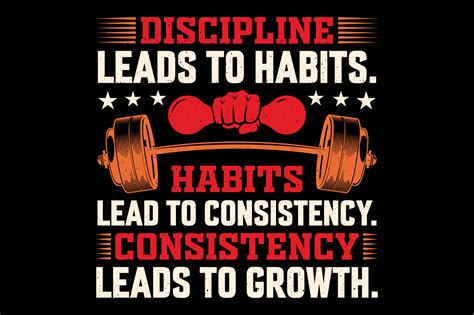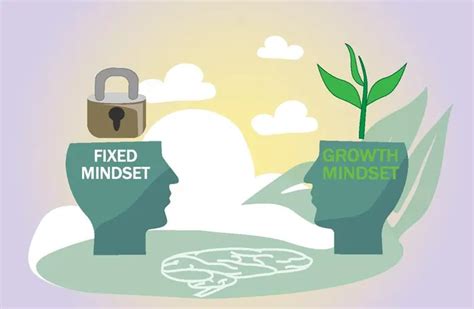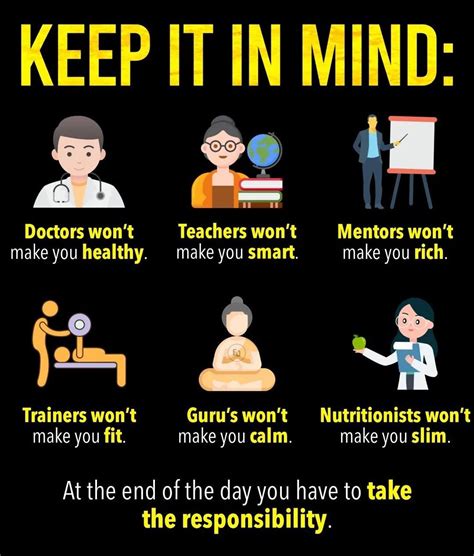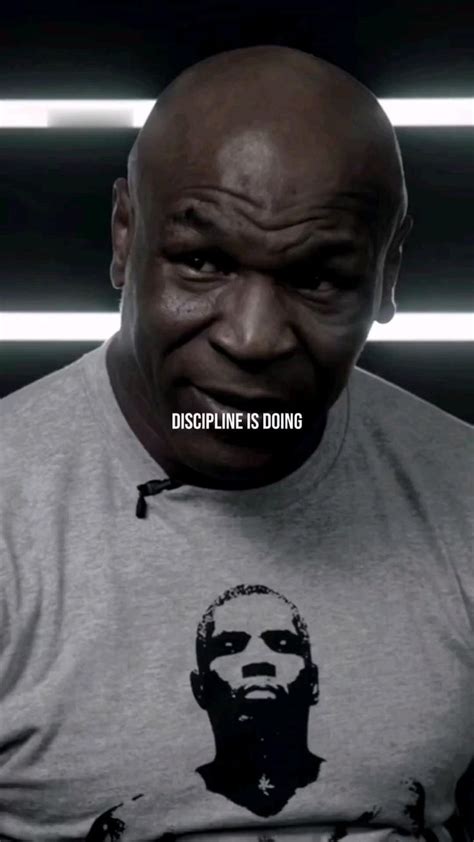The Unseen Barrier: How Self-Reliance Shapes Men’s Help-Seeking
In many cultures, the concept of self-reliance is deeply woven into the fabric of male identity. From a young age, boys are often taught, implicitly and explicitly, that true strength lies in independence, problem-solving without assistance, and stoicism in the face of adversity. This internal narrative, while sometimes fostering resilience and determination, can paradoxically become a formidable barrier when men genuinely need support.
The expectation to “man up,” “handle it yourself,” or “be strong” can lead to an ingrained belief that seeking help is a sign of weakness, a failure to live up to a core masculine ideal. This often forces men into a silent struggle, where admitting vulnerability feels like a betrayal of their own identity and societal expectations.

The Psychological Toll: Suppressed Emotions and Delayed Support
One of the most profound impacts of this self-reliance narrative is on men’s mental health. Conditions like depression, anxiety, and stress are often internalized and masked, rather than openly discussed or treated. Men may dismiss their feelings, rationalize their distress, or resort to unhealthy coping mechanisms, such as substance abuse or isolation, rather than reaching out to friends, family, or mental health professionals.
The internal monologue might tell them: “You should be able to fix this yourself,” “Don’t burden others with your problems,” or “Real men don’t cry.” This narrative not only delays the onset of professional help but can also exacerbate mental health issues, making them more challenging to address later on.
Physical Health Ramifications
The influence isn’t limited to mental well-being. The self-reliance script can also extend to physical health. Men might delay doctor visits for symptoms they deem “minor” or “something they can push through.” Admitting pain or illness might be perceived as a sign of frailty, leading to postponed diagnoses and treatments for serious conditions, from heart disease to cancer.
Preventative care is often overlooked as well, as regular check-ups might feel unnecessary for someone who believes they are inherently strong and capable of handling any health issue that arises on their own terms.
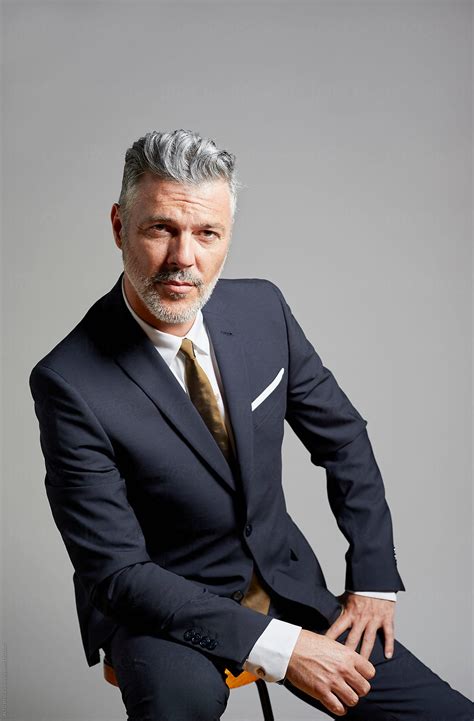
Strained Relationships and Social Isolation
The unwillingness to seek help or express vulnerability can also significantly impact men’s relationships. Partners, family, and friends may feel shut out, unable to offer support when it’s clearly needed. This emotional distance can lead to misunderstandings, resentment, and a breakdown in communication.
For men, this can result in feelings of loneliness and isolation, even when surrounded by loved ones. The very narrative designed to make them feel strong can inadvertently leave them feeling disconnected and alone in their struggles.
Deconstructing the Narrative: Redefining Strength
Challenging these deeply ingrained narratives requires a conscious effort to redefine what true strength means. It’s about understanding that interdependence is not weakness, but a fundamental aspect of human flourishing. Acknowledging limits, asking for help, and expressing emotions are not acts of surrender, but acts of courage and self-awareness.
Strength can be found in the vulnerability to admit when one is struggling, the wisdom to seek guidance, and the humility to accept support. This shift in perspective can liberate men from the restrictive confines of traditional self-reliance, opening doors to healthier coping mechanisms and more fulfilling lives.

Fostering a Culture of Support and Vulnerability
Encouraging men to seek help involves both individual introspection and societal change. On an individual level, men can practice self-compassion, challenge their internal critic, and identify trusted individuals with whom they can share their struggles.
Societally, we need to create environments where help-seeking is normalized and celebrated, rather than stigmatized. This includes:
- Promoting positive role models who demonstrate healthy vulnerability.
- Educating boys and young men about emotional intelligence and the importance of support networks.
- Providing accessible and inclusive mental and physical health resources tailored to men’s experiences.
- Encouraging open conversations about mental health in workplaces, schools, and homes.
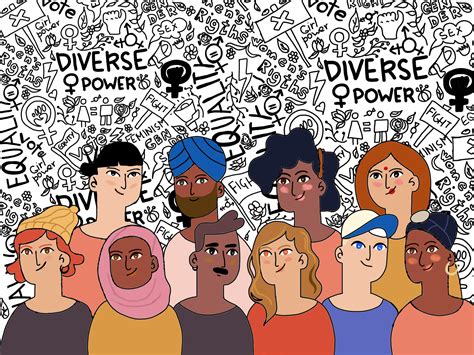
Conclusion: Towards a Healthier Masculinity
The internal narratives men hold about self-reliance profoundly shape their willingness to seek help, often to the detriment of their overall well-being. By recognizing these powerful, often subconscious scripts and actively working to deconstruct them, we can foster a healthier form of masculinity – one that values connection, emotional honesty, and the inherent strength found in interdependence. Embracing the courage to ask for help is not just beneficial for individual men; it strengthens communities and enriches the human experience for everyone.


